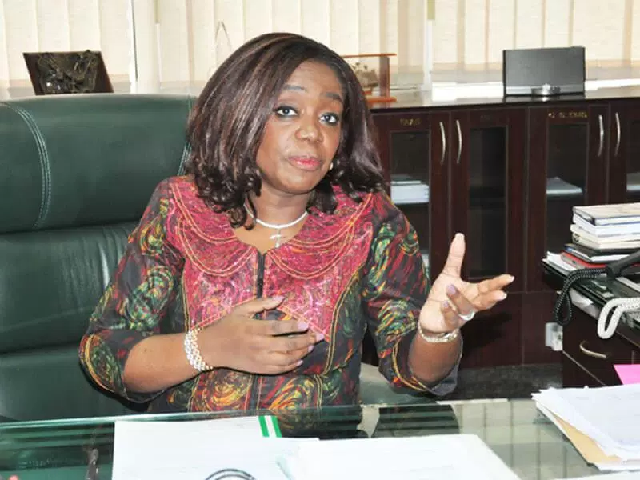The federal government has finally extended the implementation of 2017 capital budget to June 5, 2018, shifting forward the conclusion of the capital vote spending by two months from the March 31 cut-off date it earlier instructed ministries, departments and agencies (MDAs).
The government, according to the Minister of Finance, Mrs. Kemi Adeosun, is also reviewing requests for the extension of last Saturday’s deadline for the Voluntary Asset and Income Declaration Scheme (VAIDS).
There has been clamour for the extension of the capital component of the budget by the National Assembly, which argues that it is the requirement of the law.
In a circular dated March 28, 2018, signed by the Accountant-General of the Federation, Alhaji Ahmed Idris, the government noted that the extension was done to enable the MDAs successfully implement the capital budget for 2017.
Besides, the government believed the extension would engender probity, transparency, accountability and governance.
The circular with reference number: TRY A5&B5/2018 OAGF/CAD/026/V.111/170, was sent to all permanent secretaries, chairmen of parastatals, RMAFC, Secretary to the Government of the Federation, Head of Service, directors-general/chief executives of extra-ministerial offices and agencies, amongst others.
The circular titled, ‘Extension of Capital Budget 2017’, stated: “Further to our earlier Treasury Circular Ref. No. TRY A9&B(/20127 and OAGD/CAD/026/V/V.III/116 of 30th November, 2017, all Ministries, Departments and Agencies (MDAs) are hereby informed that the implementation of the Capital Budget 2017 has now been extended to 5th June, 2018 or the day the 2018 Appropriation Act is passed into law and assented to by Mr. President, whichever comes first. The extension is to ensure the successful implementation of the capital budget for 2017 for a period of 12 months. It is also to promote probity, transparency, accountability and governance in line with the policy thrust of the government.”
The circular aligns with the position of Senate President Bukola Saraki that the federal government should allow the implementation of the 2017 budget run till the end of May 2018.
This was consequent upon the attention drawn by Senator Atai Aidoko (PDP, Kogi East) to a circular the government issued to MDAs, which stated that 2017 budget funds will be “mopped up” by March 31, 2018.
Aidoko had argued that acting on the instruction in the circular contravened the provisions of section 3(1) of the 1999 Constitution as amended, pointing out that the section mandated that the budget runs for 12 months after the presidential assent.
On the closure of accounts arrangements under the Government Integrated Financial Management Information System (GIFMIS) platform, the new circular stated that, “All MDAs in the GIFMIS platform would automatically have their ledger periods and access to their funds closed online real-time by 12 midnight of 5th June, 2018 or the day the Appropriation Act is passed into law and assented to by Mr. President, whichever comes first.
Meanwhile, the federal government is reviewing requests by states and the private sector for an extension of the tax amnesty programme, the Voluntary Assets and Income Declaration Scheme (VAIDS).
The tax programme, which expired yesterday, offered a nine-month window of opportunity for tax payers to regularise their tax liabilities.
Responding to media enquiries in Abuja, Adeosun said some states of the federation and the private sector had asked for an extension of the deadline in order to allow them more time to comply.
According to her: “The Federal Government is reviewing the numerous extension requests by the states and the private sector, which have cited some logistic challenges such as non-availability of the declaration forms in some states and the declaration of public holidays to commemorate Easter.”
She stated that tax evaders risk forfeiting their assets and prosecution as she noted that the government’s data mining unit in the Federal Ministry of Finance, Project Lighthouse, had compiled data of tax payers from land registries from 36 States and Federal Capital Territory as well as their bank accounts.
“We have also received tremendous support from foreign countries which provided data under the exchange of information protocols. The data include bank records and financial filings for tax purposes,” Adeosun said.













